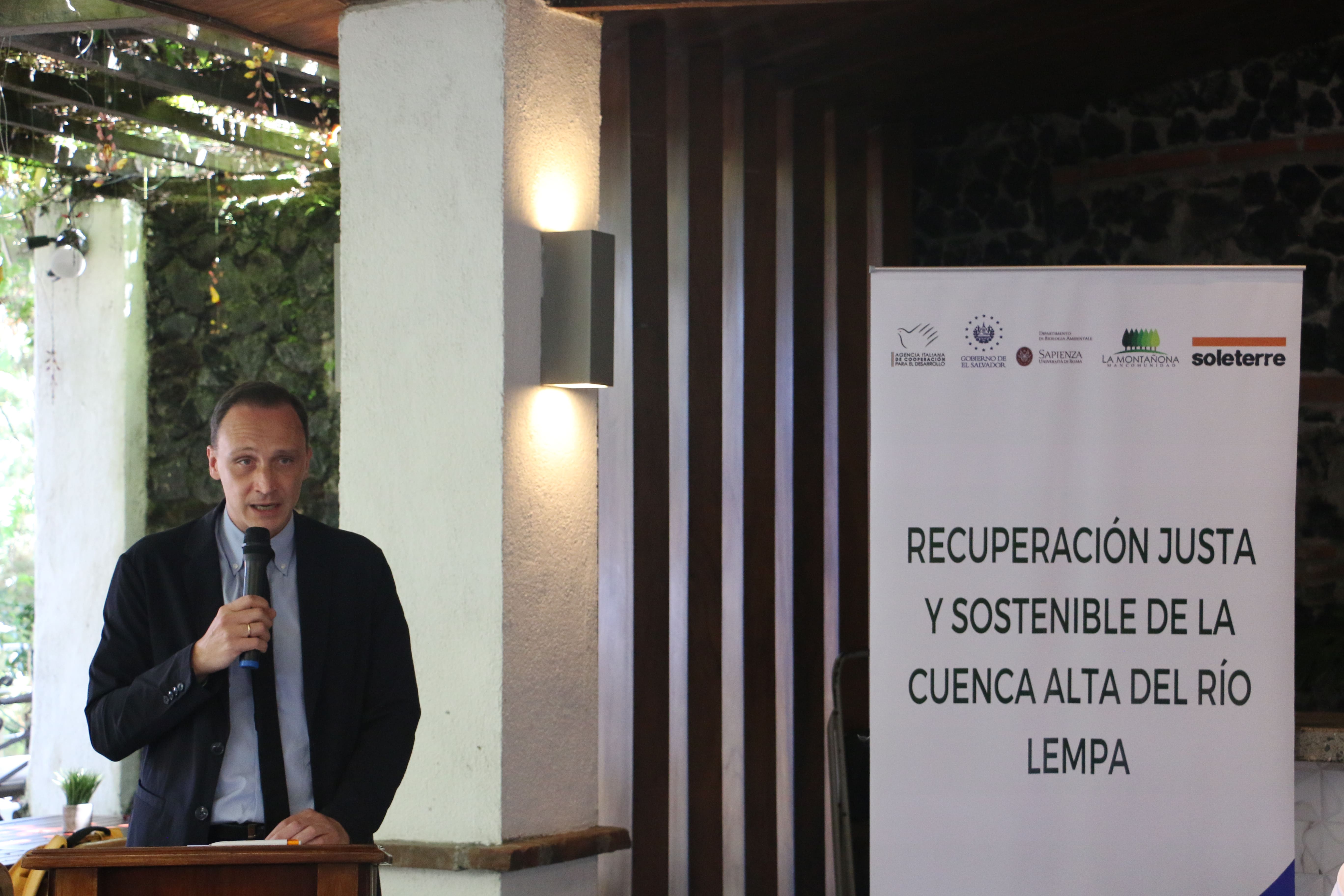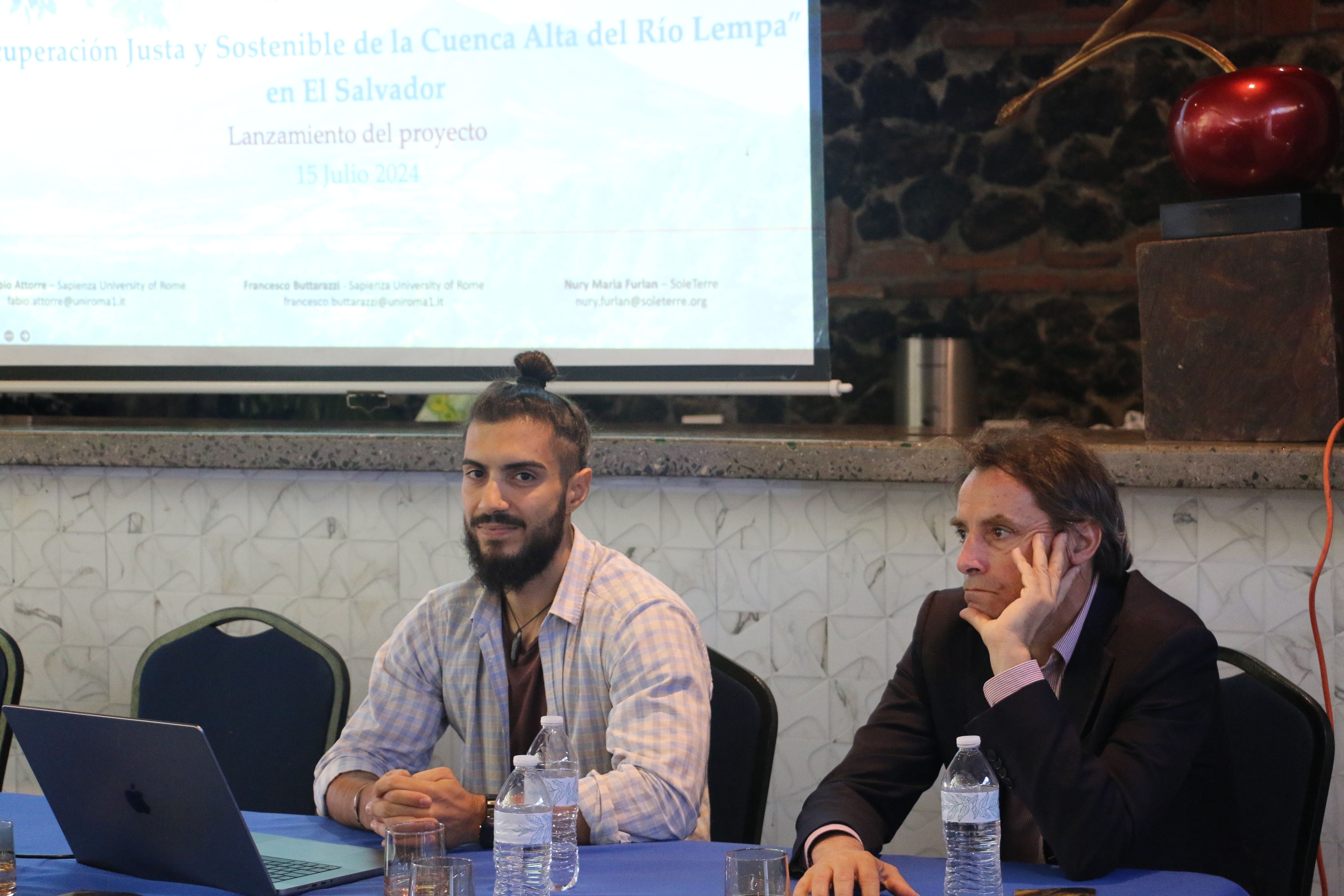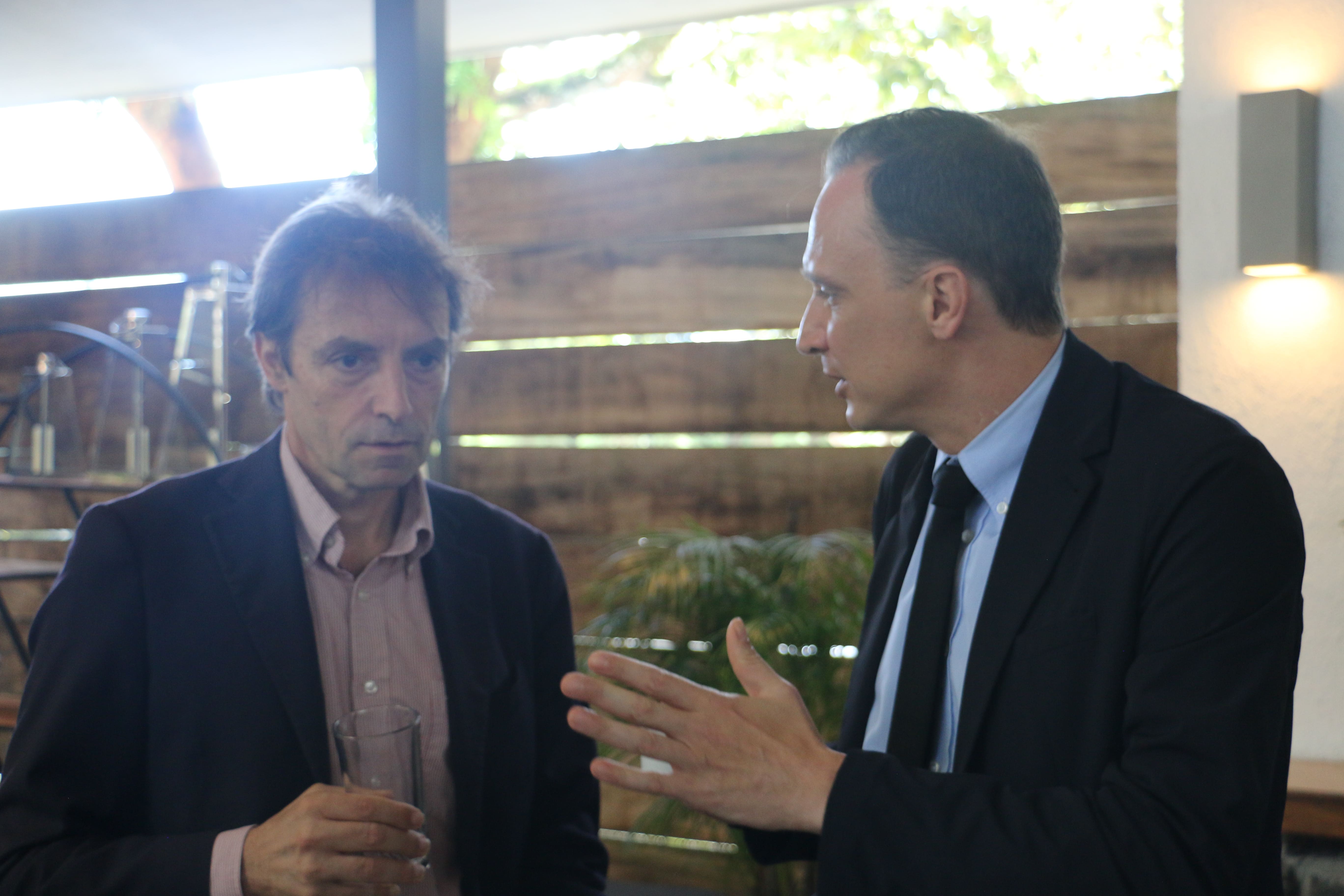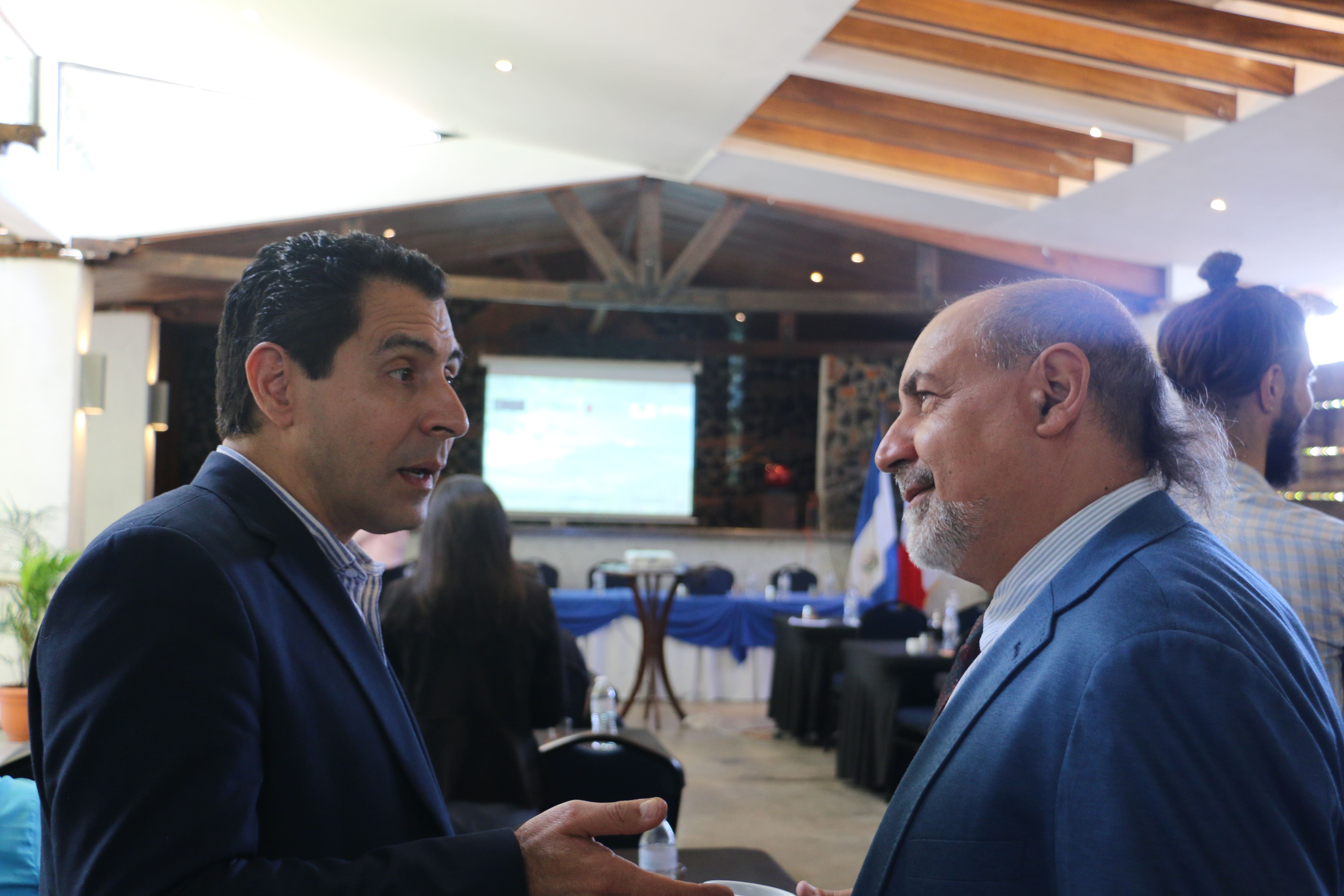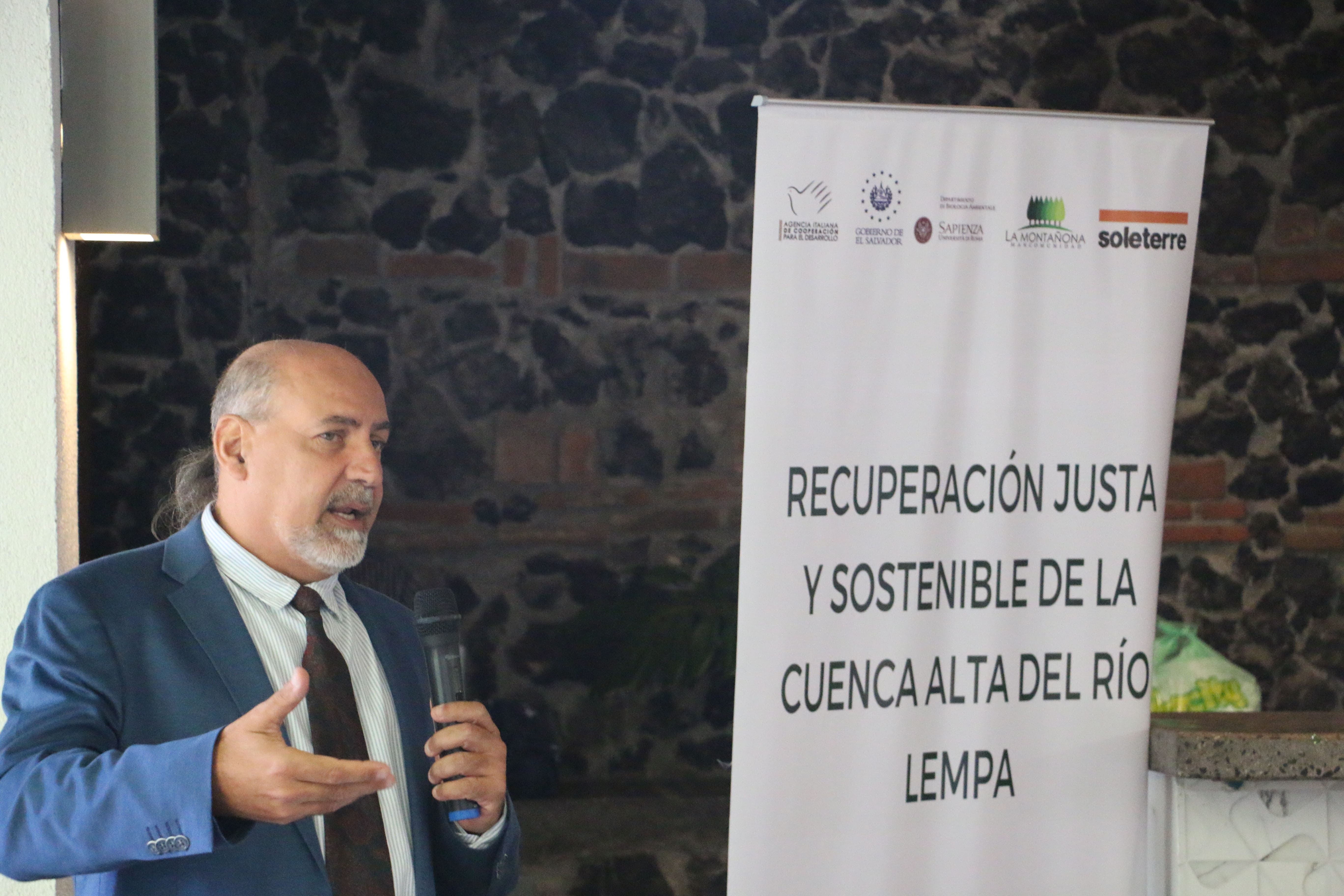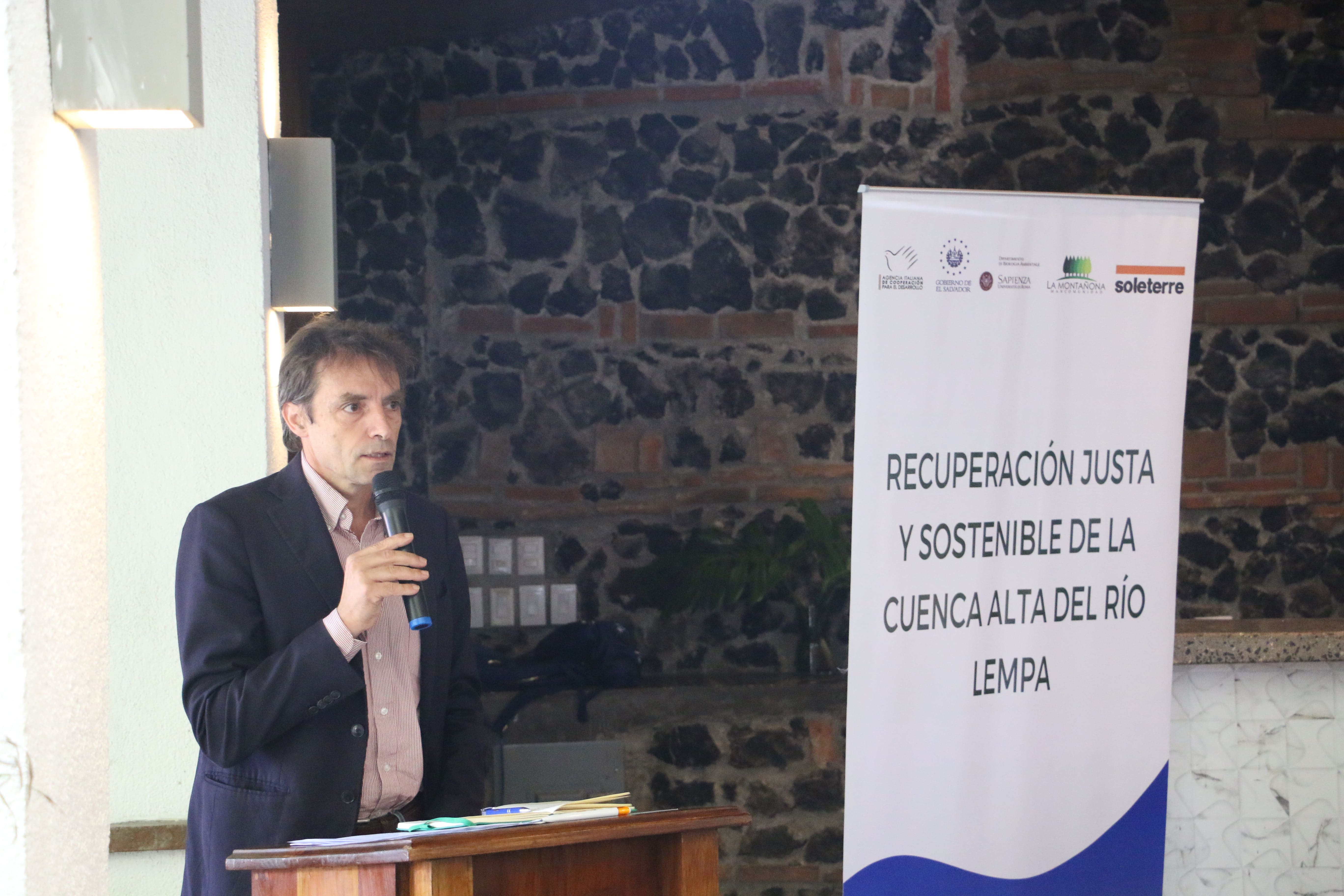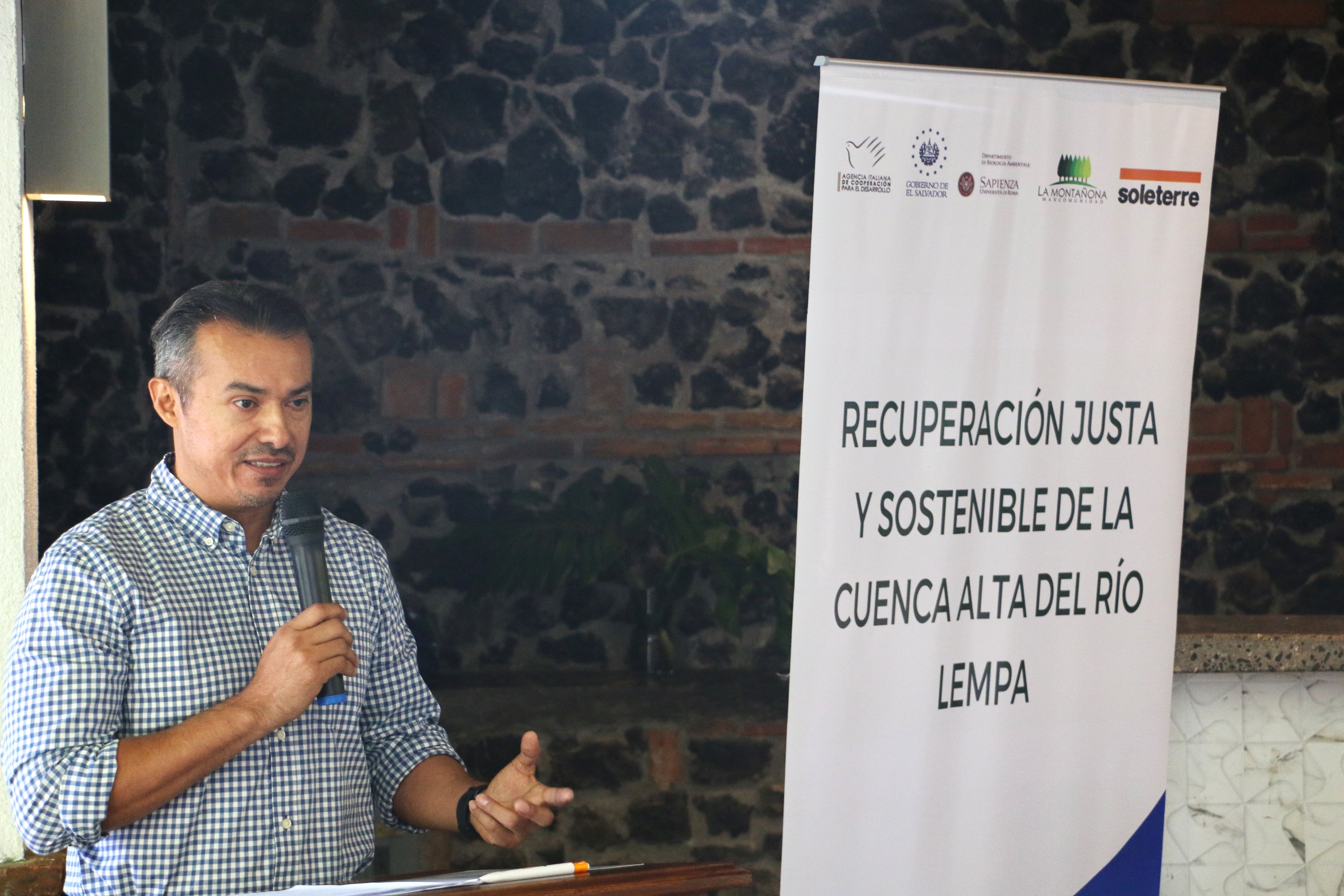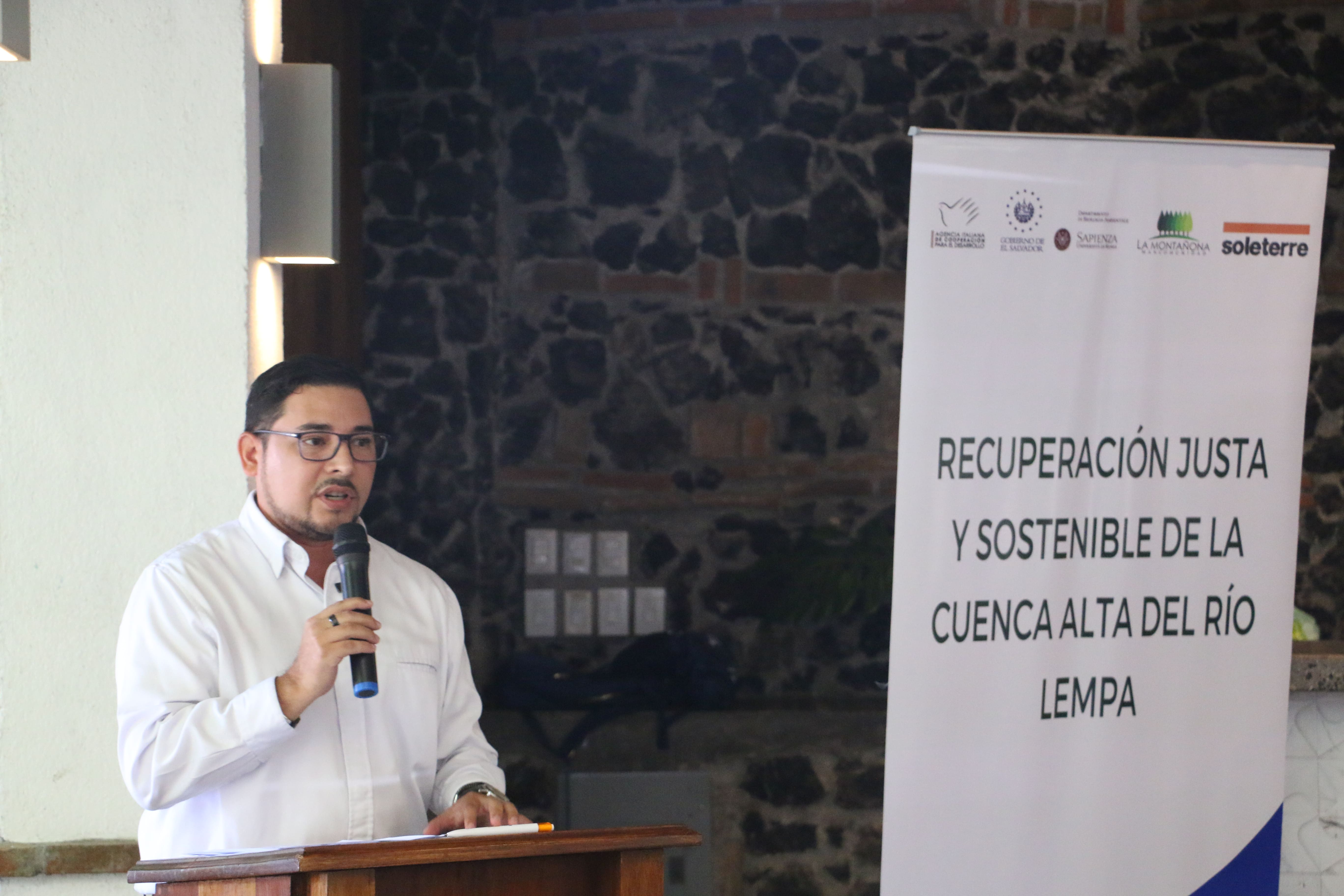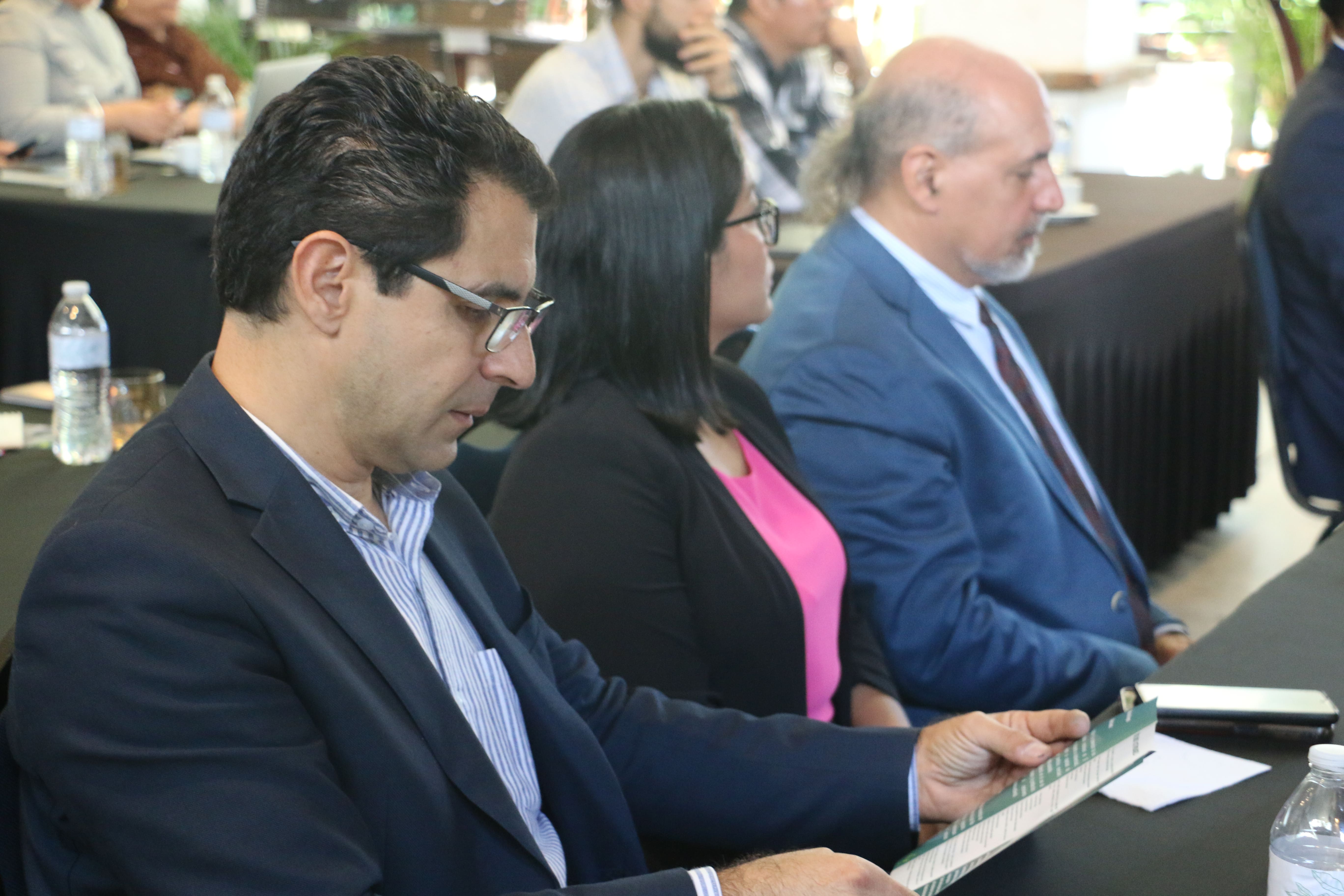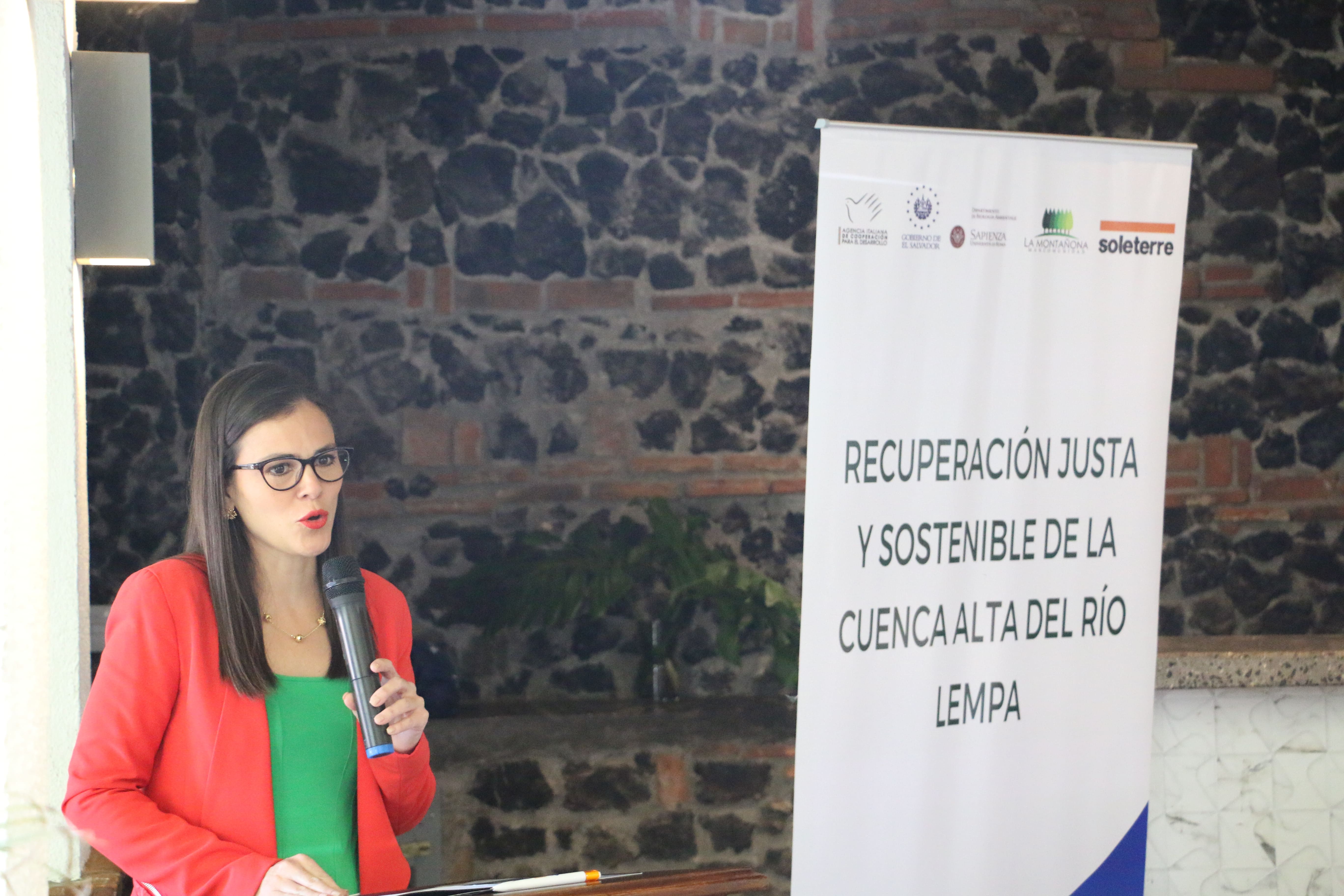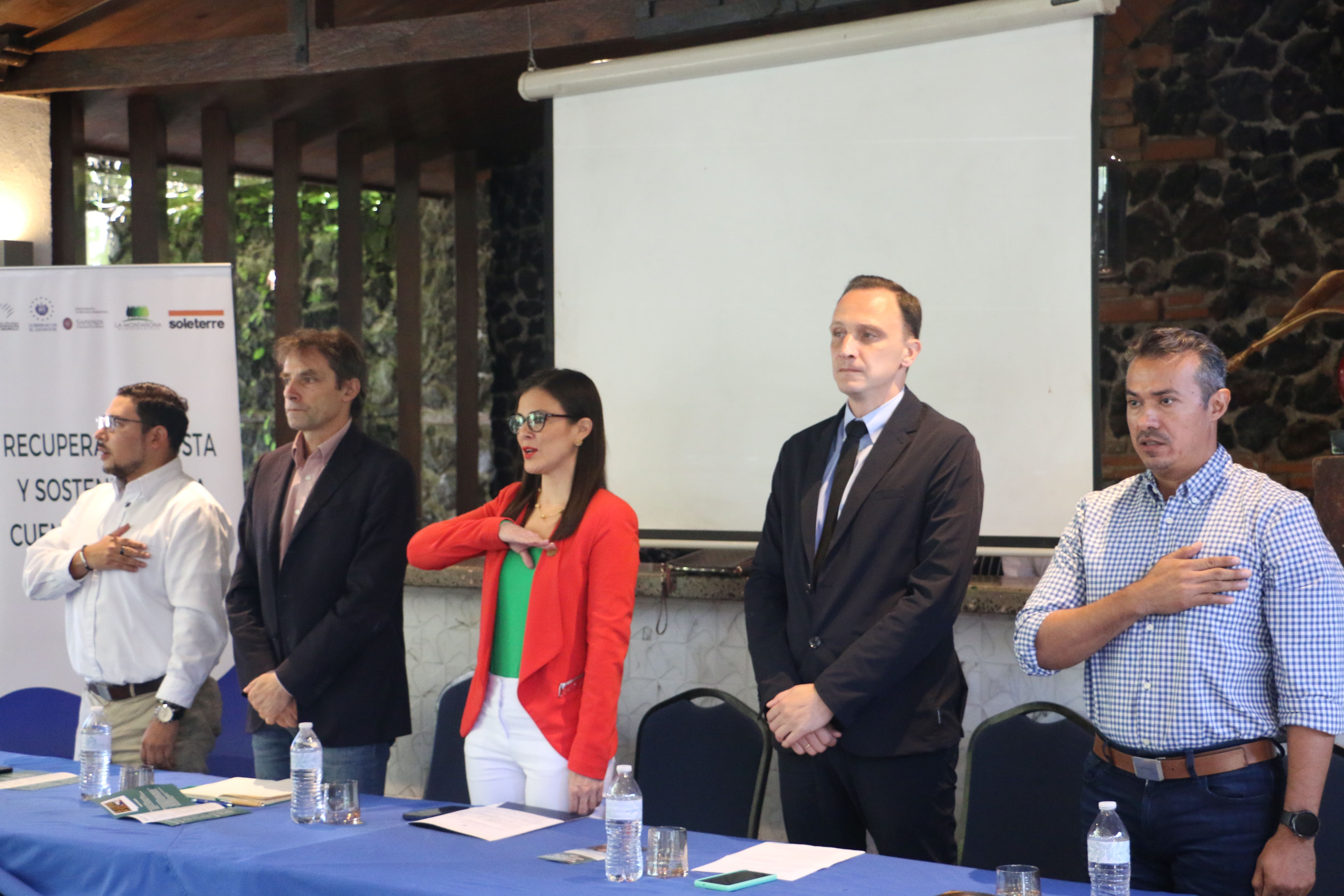On July 15, 2024, in San Salvador, the launch event of the project “Equitable and Eco-sustainable Recovery of the Upper Lempa River Basin” was held. This project is funded by the Italian Agency for Development Cooperation (AICS) with an amount of €1.95 million and implemented by La Sapienza University of Rome in coordination with the Ministry of Environment of El Salvador, the La Montañona Commonwealth, and the Soleterre Foundation.
The three-year project will contribute to the conservation of the mountain ecosystems of Montecristo National Park and La Montañona Reserve, as well as to the improvement of the socio-economic conditions of local populations through sustainable development strategies.
“The initiative concerns an area considered strategic for Italian Cooperation, the Trifinio region, an ecological unit that includes territories of El Salvador, Guatemala, and Honduras,” said Paolo Gallizioli, Head of the AICS Office in San Salvador, at the event’s opening. “We aim to create synergies with four other interventions funded in the Trifinio region, with the intent of contributing to the integrated and sustainable development of the territory.”
This week, a team from the Department of Environmental Biology at La Sapienza University was on a mission in El Salvador to conduct preliminary meetings for the project’s initiation. “Both parks have a rich natural heritage that we want to safeguard and enhance with our intervention,” commented Professor Fabio Attorre. To improve the management of natural resources, La Sapienza researchers will carry out landscape and ecosystem service assessments, creating water, forest, and wildlife inventories.
The data collected will be used to identify and promote green job opportunities. “La Montañona is an area characterized by a high rate of youth migration. With this project, we are helping families generate additional income in the fields of handicrafts and ecological and community tourism,” explained Arnulfo Alberto, Director of the La Montañona Commonwealth, the association of seven municipalities located at the foot of the namesake mountain massif. Therefore, courses will be activated to train eco-tour guides, forest and wildlife technicians, and nursery and botanical garden staff, which will be created or improved where already existing.
To strengthen the context within which these activities take place, the project will also work on the institutional and technical strengthening of key sector actors and their participation in regional and international environmental networks.
“This joint effort will not only benefit our environment but also improve the quality of life for many Salvadoran communities. With a particular focus on sustainability and equity, we are building a more promising future for everyone,” stated Karla de Palma, Director of the El Salvador Agency for International Cooperation (ESCO).
